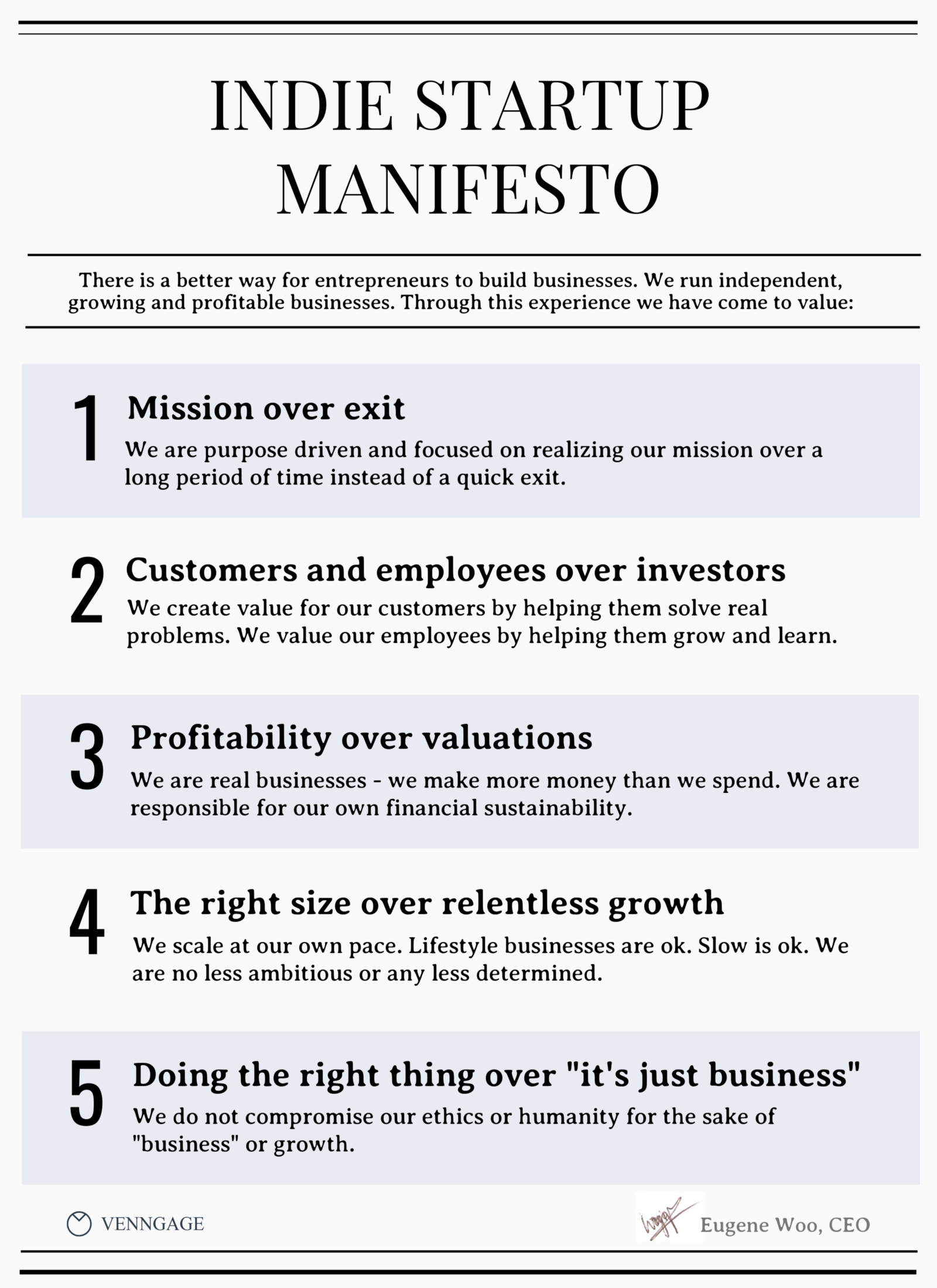What is an indie open-source startup?

I often describe Whitewater Foundry, the corporate entity formed around Pengwin and our other products and services, as an indie open-source startup. What does this mean?
Indie
Pengwin is independent. We are not an upstream community project of a corporate-backed product. We do not accept venture capital funding or angel investors. The core team, in dialog with community members, decide which features get priority. This is not hard because most of our team come from the WSL community. We exist in a space between and alongside corporate giants such as Microsoft, Red Hat, and Oracle, but we are fundamentally user-driven.
We can remain user-driven because our funding model, based on purchases from the Microsoft Store, means we have been profitable from day one. The goal of Pengwin has been to develop a sustainable open-source project funded by the community for the community by charging a basic up-front cost. This amount serves as a 'buy in' into the community and an investment in future development.
We are heavily influenced by the Indie Startup Manifesto:

Open-Source
All of our code is open-source. Period. Pengwin, then WLinux, was developed in the open, messy commits and all. Even now as we develop new products and features they are published to GitHub as they are developed and we invite contributions. We actively contribute to upstream projects, including Debian, Fedora, and third-party open-source projects. We promote allied open-source projects and fund open-source events, such as DebConf.
Startup
We are clearly not a traditional startup but we have adopted the startup mentality. We have a novel product on a new platform that was previously thought to be a an oddity or toy. We have developed a model of work in which team members balance independent and collaborative work. Our team is spread across the world, in different time zones, and a daily scrum meeting is simply not feasible. Instead we leverage GitHub Issues, Trello, and Microsoft Teams to keep in constant contact and collaborate.